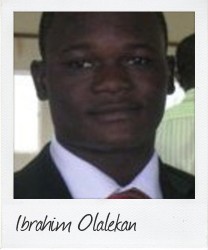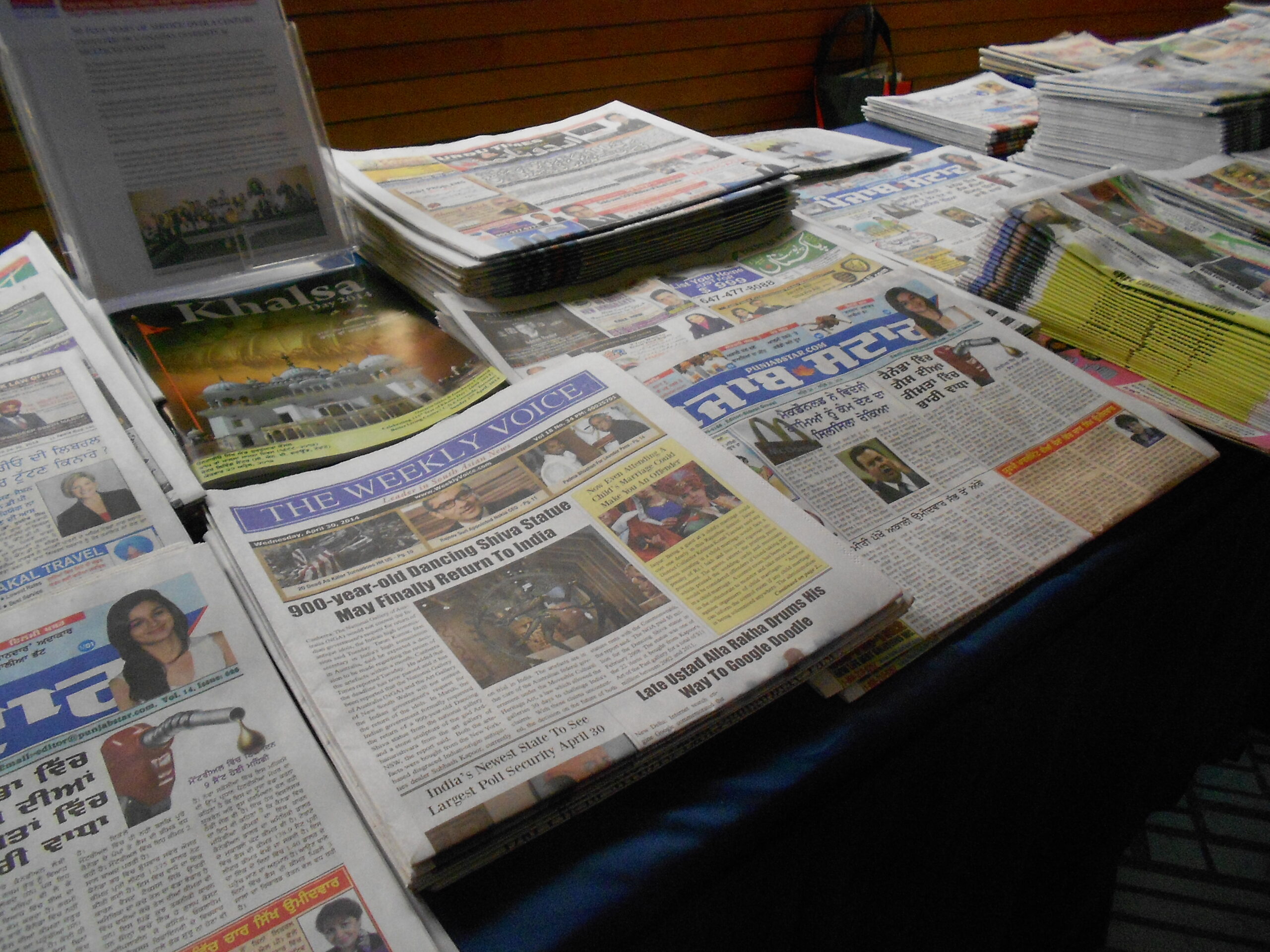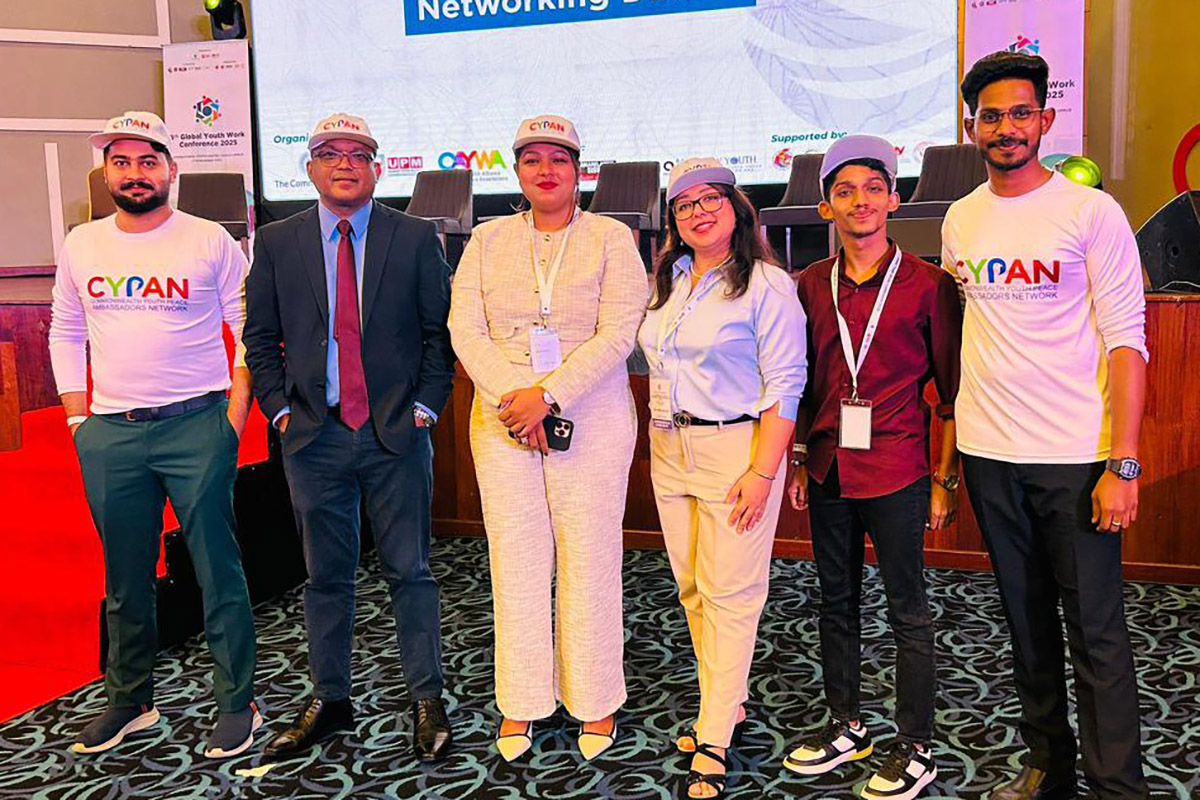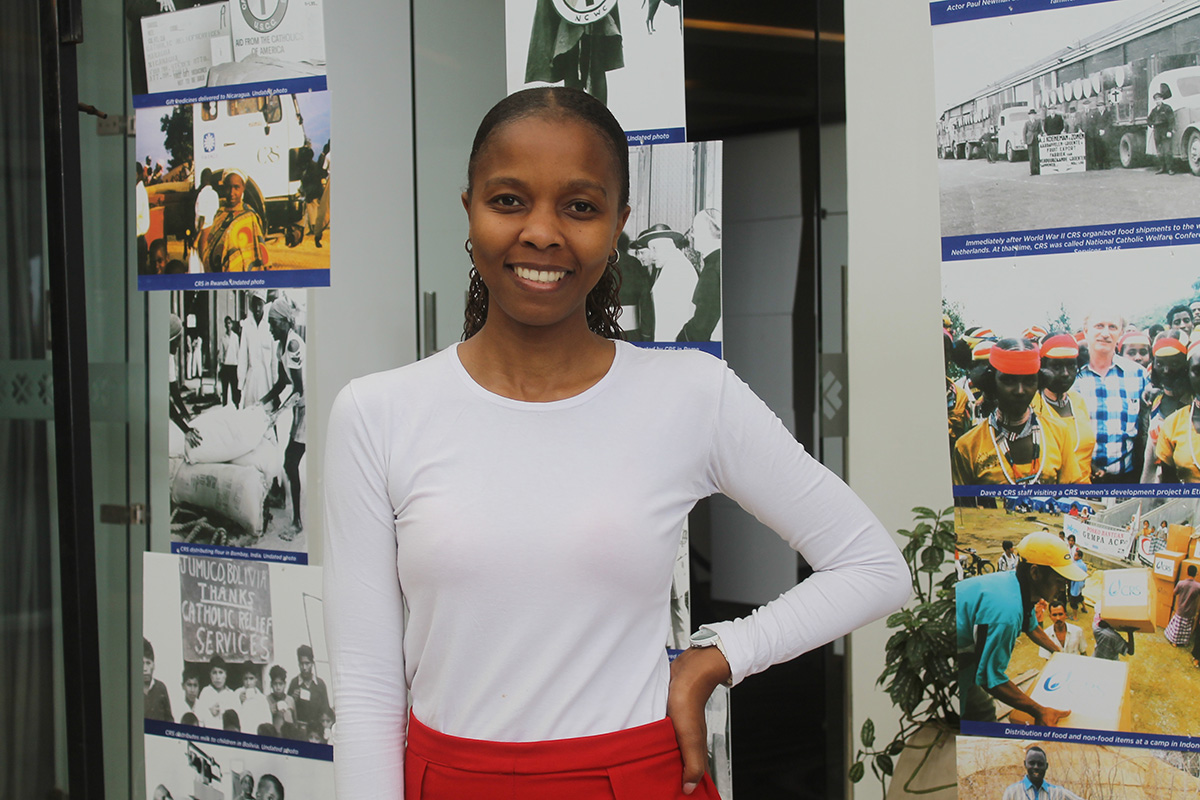“Gate keeping in the Nigerian media”
September 30 The news media has a vital role as both a conduit and a filter of the news, writes Ibrahim Olalekan, 27, a Correspondent from Abuja in Nigeria, who argues the news media must exercise responsibility and standards in fulfilling that role.
The news media has a vital role as both a conduit and a filter of the news, writes Ibrahim Olalekan, 27, a Correspondent from Abuja in Nigeria, who argues the news media must exercise responsibility and standards in fulfilling that role.
McQuail (2005) says that the term “gatekeeping” has been widely used as a metaphor to describe the process by which selections are made in media work, especially decisions regarding whether or not to allow a particular news report to pass through the “gate” of a medium into the news channels and finally to the general public.
In Nigeria today, many news organisation attempting to be first to break the news have neglected the insight of journalism and embraced professional weakness by opening the gate of their platform to conflicts and half-truths.
The best way to deal with a problem is first to understand the issues involved. It appears to me that many self-acclaimed editors – in common with many Nigerian bloggers – do not understand the basic practice of journalism, yet jump on the noble profession to acquire fame and money, since the media now appears to aim for the highest bidder.
A critical and comprehensive review of news content emanating from so many media organisations reveals the media rather than deal with “causes”, addresses the “symptoms”. If one attempts to address this in the newsroom, you are tagged the black sheep of the organisation and become enemy of the medium.
The weakness of the media has made it difficult for men and women in the noble profession to contribute to insight and national reform. Are we even considered when important decisions are to be taken, other than to report the activity and fight for the “brown envelope” after the end of the activity? What of news editors who often ask for their share from the reporter after returning from an assignment?
How then does one expect media practitioners to keep the gate open to professional integrity, ethics and code of conduct, social responsibilities as well as constitutional requirements?
It is currently perceived that many people in Nigeria do not take our media content serious. They point to faulty and misleading headlines from news organisations that are attempts to get wide readership and market that as they solicit for advertising.
Media practitioners have turned away from their duty to report stories as they celebrate frivolities and give voice to irrelevant factors in the society. We can’t excuse ourselves from the fact that there are stories everywhere and our job as journalists is to ask questions and think anew.
The media profession is focused on issues that benefit the general public and uphold fairness, justice, national unity, and international co-operation. Journalism plays an important role in civil society by shining light on wrong doing and exposing societal ills. Media professionals must produce content that will attract leadership and strengthen institutions. It is when we doing this that we can justly fight for privileges and earn respect by our achievements and contribution to national discuss.
Credible news editors should imbibe the culture of “Individual Press Self-Determinism” (Akinfeleye 2001) by reviewing the amount, direction and intensity of the flow of a media content. Media practitioners should refrain from promoting conflicts, ethnic divide, and tribal hate among citizens of the country. Gate keepers who are mostly reporters, editors, the line-editors and others must apply the contemporary standards of the noble profession.
Nigerian media must make itself relevant to the Nigerian society by applying the concept of gate-keeping, which involves multiple review of news selection and production.
Reach me on Twitter @lekanpaul or via ibrahimolalekan001@yahoo.com
photo credit: Pat Halpin
…………………………………………………………………………………………………
About me: I have an extensive and practical experience in journalism, developmental projects, social work, and the AIDS response, and have been involved in large-scale programs in Nigeria to help overcome challenges facing sexual reproductive health rights.
My interests include travelling, writing on topical issues affecting rural communities, and engaging other global writers on mission-driven targets. I currently work with ‘Education as a Vaccine’ as their Communications Officer and write for www.ruralreporters.com
………………………………………………………………………………………………………
Opinions expressed in this article are those of the author and do not necessarily represent the views of the Commonwealth Youth Programme. Articles are published in a spirit of dialogue, respect and understanding. If you disagree, why not submit a response?
To learn more about becoming a Commonwealth Correspondent please visit: http://www.yourcommonwealth.org/submit-articles/




